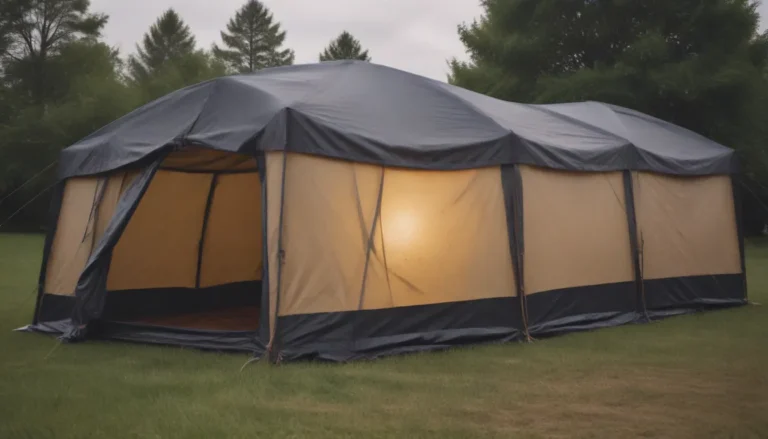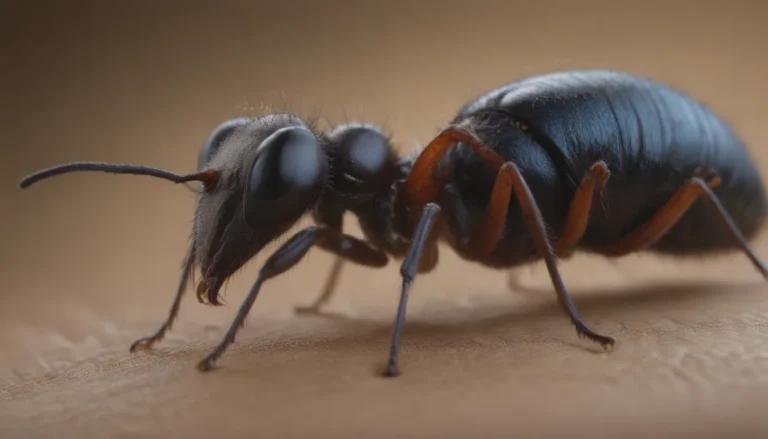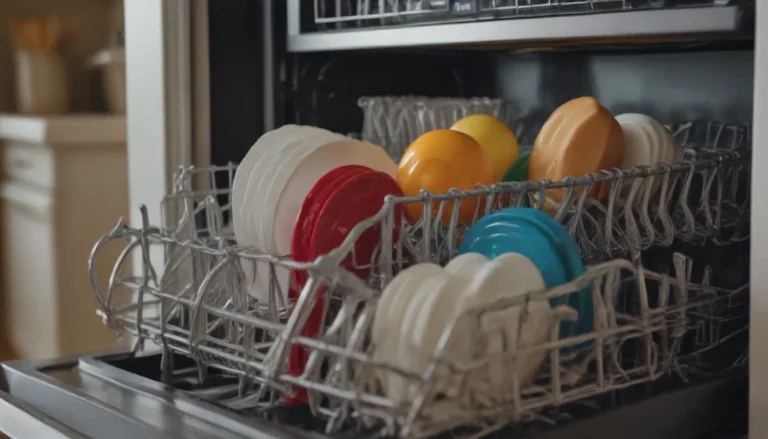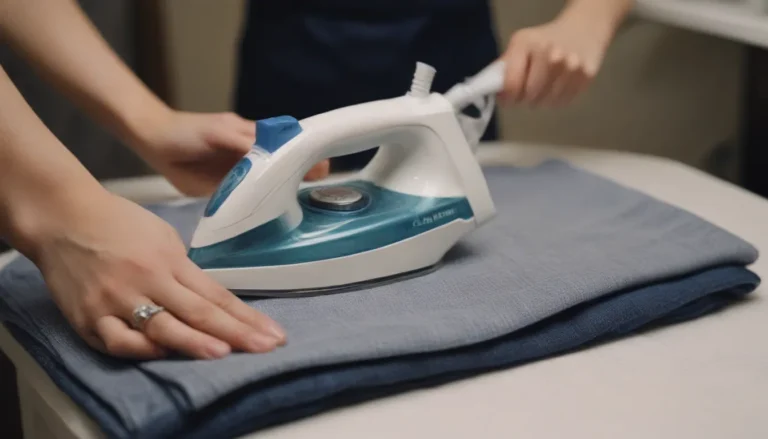How to Control and Prevent House Centipedes
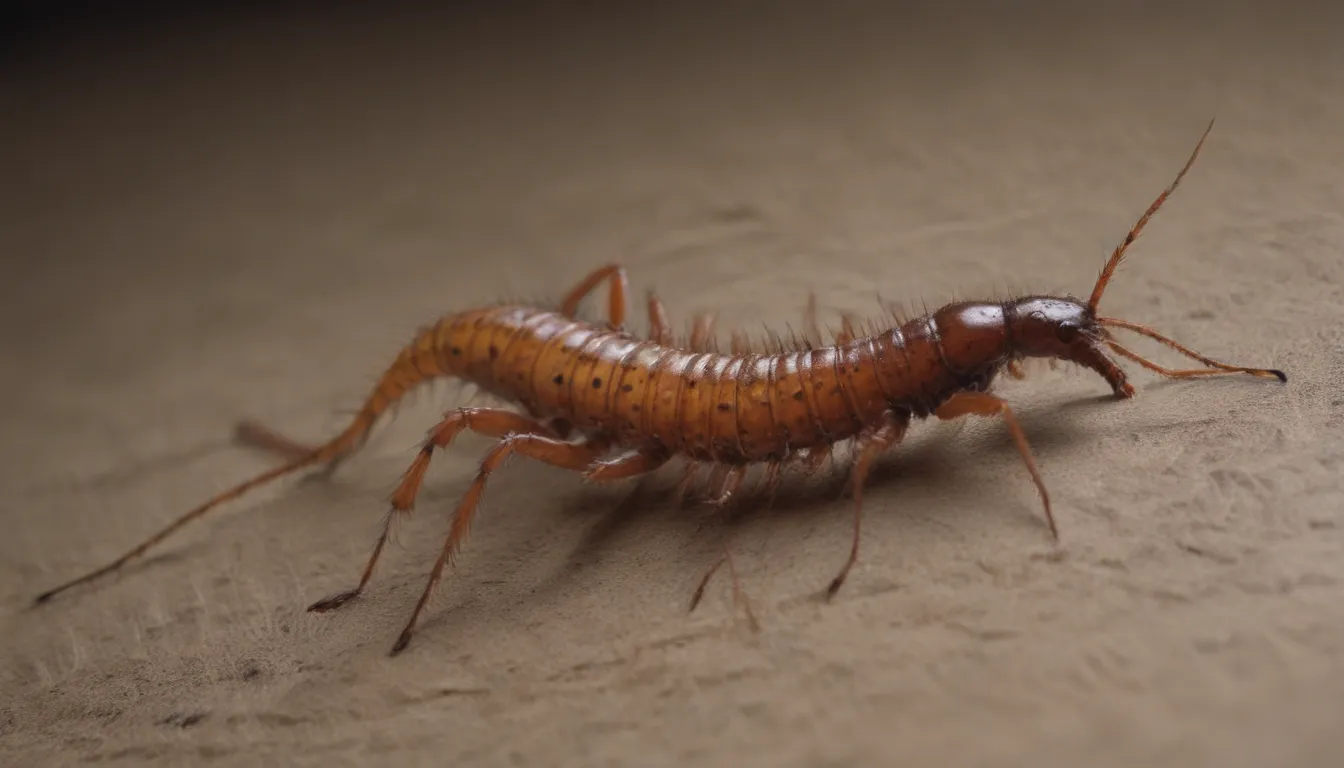
House centipedes are those creepy, crawly insects that always seem to show up at the most inconvenient times, causing unexpected screams and frantic leaps onto chairs. But fear not, these many-legged creatures are actually harmless to humans and serve as effective predators for other pest insects like roaches and flies. However, if you find them to be a nuisance or a source of anxiety, there are ways to control and prevent them from invading your home.
Understanding House Centipedes
Before we dive into how to deal with these leggy creatures, let’s take a closer look at what exactly they are and where they come from:
- House centipedes belong to the arthropod family, which includes various insects, centipedes, spiders, and crustaceans.
- They are native to the Mediterranean region but can now be found across Europe, Asia, and North America.
- Adult females have 15 pairs of legs, with the last pair nearly twice the length of their body.
- Females can survive several years and produce up to 150 offspring.
- House centipedes are nocturnal creatures that hide during the day and come out at night to hunt for prey.
So, now that we know a bit more about these creatures, let’s explore some effective ways to remove and prevent them from invading your living space.
5 Ways to Remove House Centipedes
If you’re not keen on having house centipedes as roommates, here are some natural and non-toxic methods to remove them from your home:
- High-Powered Vacuum: Use a high-powered vacuum cleaner to suck up house centipedes emerging from cracks or crawl spaces. Dispose of them in a sealed plastic bag and discard in an outdoor trash can.
- Diatomaceous Earth: Sprinkle this powdered substance around cracks, door thresholds, and in corners. The microscopic edges of the powder pierce the centipedes’ bodies, slowly killing them.
- Eliminate Food Supply: Get rid of roaches, silverfish, flies, and other insects that house centipedes feed on. Use sticky traps, vinegar, cedarwood spray, salt, or baking soda to eliminate these pests.
- Clean and Seal Entry Points: Clear debris around your home’s perimeter and seal any cracks that may serve as hiding spots for centipedes.
- Clean Drains: Use vinegar or bleach to clean drains in bathrooms and kitchens, where centipedes are commonly found.
What Attracts House Centipedes?
House centipedes are drawn to dark, damp places and feed on other insects. Here are some factors that may attract them to your home:
- Dark and Damp Spaces: Centipedes love hiding in dark and damp areas, such as under sinks and in bathtubs.
- Nighttime Activity: They tend to be more active at night, foraging for prey when other insects are inactive.
- Seasonal Behavior: Centipedes are more active in spring and may seek shelter indoors during colder months.
- No Real Damage: Unlike other pests, house centipedes do not cause any real damage to property or transmit diseases.
How to Prevent House Centipedes
Prevention is key when it comes to keeping house centipedes at bay. Here are some tips to make your home less inviting to these unwanted guests:
- Lower Humidity Levels: Use a dehumidifier in warmer months and repair plumbing leaks to reduce moisture in your home.
- Seal Cracks and Openings: Seal cracks near windows and doors to prevent centipedes from entering.
- Clean Damp Areas: Clear debris around your home’s foundation and seal cracks to prevent moisture seepage.
By following these preventative measures, you can create an inhospitable environment for house centipedes and reduce the chances of encountering them in your home.
In conclusion, while house centipedes may give some people the creeps, they are beneficial predators that help control other pest populations. However, if you find them to be unwelcome guests, there are effective ways to remove and prevent them from taking up residence in your living space. By understanding what attracts these creatures and taking proactive steps to deter them, you can enjoy a centipede-free home environment. So, next time you spot a house centipede scurrying across the floor, remember that you have the tools and knowledge to control and prevent them effectively.
